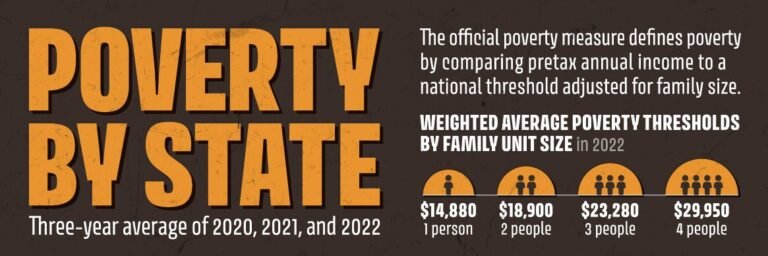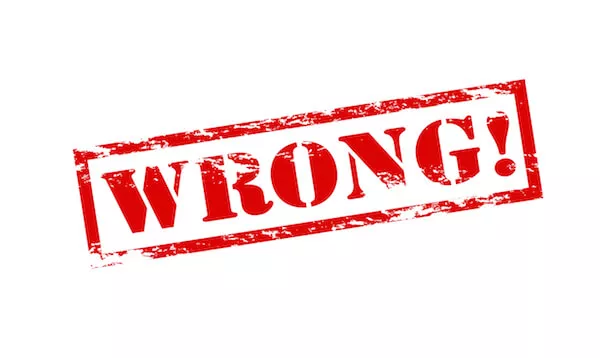Nurturing Male Wellness: Embracing Holistic Health for a Better Tomorrow
In a world where stereotypes of masculinity often prioritize strength and aggression, the importance of male wellness, encompassing physical, mental, and spiritual well-being, has been overshadowed. However, it is crucial to acknowledge that toxic masculinity not only harms children and women but also negatively impacts males themselves. Growing up, I, too, was exposed to these societal norms, but thanks to the influence of inspiring male figures and insightful research, I have come to better understand the significance of male wellness and its implications for our society as a whole.
Reflecting on my upbringing in the Bronx, I am struck by the lasting impact of Mr. Bowles, a father figure who resided in the building I called home for 18 years. Amidst a community where many of us lacked a paternal presence, Mr. Bowles stood out as one of the few guiding figures I fondly remember. Though our treatment of him was not always as respectful as it should have been, he took it upon himself to lead some of the boys in my building for bike rides alongside his own sons all the way to Harlem. Through these simple acts, he encouraged us to channel our energies towards productive pursuits, steering us away from the foolishness we were often got into.
Growing up, explicit conversations surrounding the importance and complexities of male wellness were few and far between, both within my household and beyond. Toxic masculinity, a prevailing societal construct, not only harms children and women but also has adverse effects on males themselves. During my formative years, the social norms emphasized strength, aggression, and the concept of “props,” as commonly understood in urban colloquialism. According to the Urban Dictionary, “props” is a colloquial expression that signifies “accolades,” “proper respect,” or “just dues.” It became prevalent during the 1980s, particularly within the realm of rap, and its usage coincided with a growing interest in mafia-related themes. In both communities, there was a notable emphasis on the importance of earning and bestowing respect. Props were and still are a form of currency, sometimes more appealing than actual dollars.
Unfortunately, recent data reveals that boys and men are not adequately caring for their holistic health. An alarming Washington Post article highlights the disparities in men’s health outcomes and the need for specific attention to male wellness. Contrary to the prevailing belief that sex-specific health research primarily impacts women and gender minorities, closer examination of longitudinal data reveals that the risk of death at every age is higher for males compared to females.
A critical aspect of male wellness that is now gaining increased attention is mental health. Boys and men often struggle to embrace and understand the full spectrum of their emotions, leading them to operate within a narrow range of happiness and anger. This emotional suppression may contribute to the concerning correlations observed in violent crimes. According to The Violence Project, a nonpartisan research group, a staggering 98% of mass shootings in the United States have been committed by men.
Fortunately, there is a growing awareness of the importance of male wellness, and there are individuals and organizations dedicated to promoting it. I have been fortunate enough to encounter some inspiring role models who prioritize male wellness and advocate for its significance. One such individual is Dr. Michael Rovito, the founder of the Male Wellness Collective. The Male Wellness Collective recently collaborated with runBMT for a male outing at FireFly Yoga – it was a great experience. Seth Funderberg is the Head Coach for runBMT and facilitated our Yoga session. Excellent experience.
Another friend and role model, Micheal Garcia, embodies the principles of wellness both physically and spiritually. He along with his better half, Ebony, runs a track club for youth and adults, advocating that what affects the body also influences the mind and vice versa. Such holistic approaches to wellness should be more widely embraced, as they have a positive impact on overall health and happiness.
Additionally, Dr. Larry J. Walker, despite his hectic research and dissertation chair schedule, prioritizes his physical and mental health. As a staunch advocate for mental health, especially for marginalized individuals, he understands the importance of self-care and offers unwavering support to those in need. These role models and many others exemplify the transformative power of prioritizing male wellness. When I shared my recent Yoga experience, it was no surprise to learn that he not only believes in Yoga but has also written an article advocating why Black men should consider trying it.
It is essential to create spaces and opportunities where boys and men can freely express themselves without fear of judgment or ridicule. As a society, we should foster an environment that allows for vulnerability and emotional exploration, thereby facilitating personal growth and holistic wellness. Initiatives like the Male Wellness Collective and runBMT, led by advocates such as Dr. Michael Rovito, are paving the way for such progress by, “humanizing the health and well-being of boys and men’, emphasizing the interconnectedness of their physical, spiritual, and mental aspects. Mentoring and Peer support, as offered by Dr. Walker and Micheal Garcia are equally important to the mental wellness of young boys and men. We need to know we can lean on each other and be vulnerable. The efforts of these three men to foster fellowship and promote male wellness are commendable.
Reflecting on the worrying statistics regarding mental health and violence among boys and men, it is evident that we need to reframe the concept of masculinity. Jackson Katz’s work on toxic masculinity sheds light on the root causes of such behaviors, emphasizing the urgency to challenge and reshape societal norms. By fostering open discussions about emotions, vulnerability, and mental well-being, we can empower boys and men to embrace their full humanity without conforming to rigid stereotypes.
To anyone reading this, I urge you to take time to care for your well-being. For men, in particular, it is essential to recognize that it is okay to seek support when you are hurting. Numerous male groups provide a safe space for men to share their struggles and find the support they deserve.
The journey toward male wellness may seem daunting, given the deeply ingrained societal norms, expectations, personal, and professional responsibilities. However, small steps in the right direction are still progress. By promoting open conversations about male wellness, challenging toxic masculinity, and encouraging holistic approaches to health, we can create a more compassionate and understanding world.
The absence of explicit discussions on male wellness during my upbringing underscores a critical aspect of our societal fabric that demands attention. Men, too, deserve understanding, care, and guidance when it comes to their overall well-being. The repercussions of toxic masculinity are far-reaching, impacting not only emotional and mental health but also fostering a culture of violence and aggression. Recognizing these complexities is the first step towards fostering a society that embraces a more inclusive and nurturing approach to male wellness.
Let us embrace our humanity and inspire future generations to prioritize their well-being, ensuring a brighter and healthier tomorrow for all.
Reflective Questions:
- Have you ever encountered societal expectations or stereotypes related to masculinity that hindered your ability to prioritize your holistic well-being? How did you handle such challenges?
- What steps can we take as a society to foster a more inclusive and understanding environment that encourages boys and men to embrace their emotions and seek support when needed?







